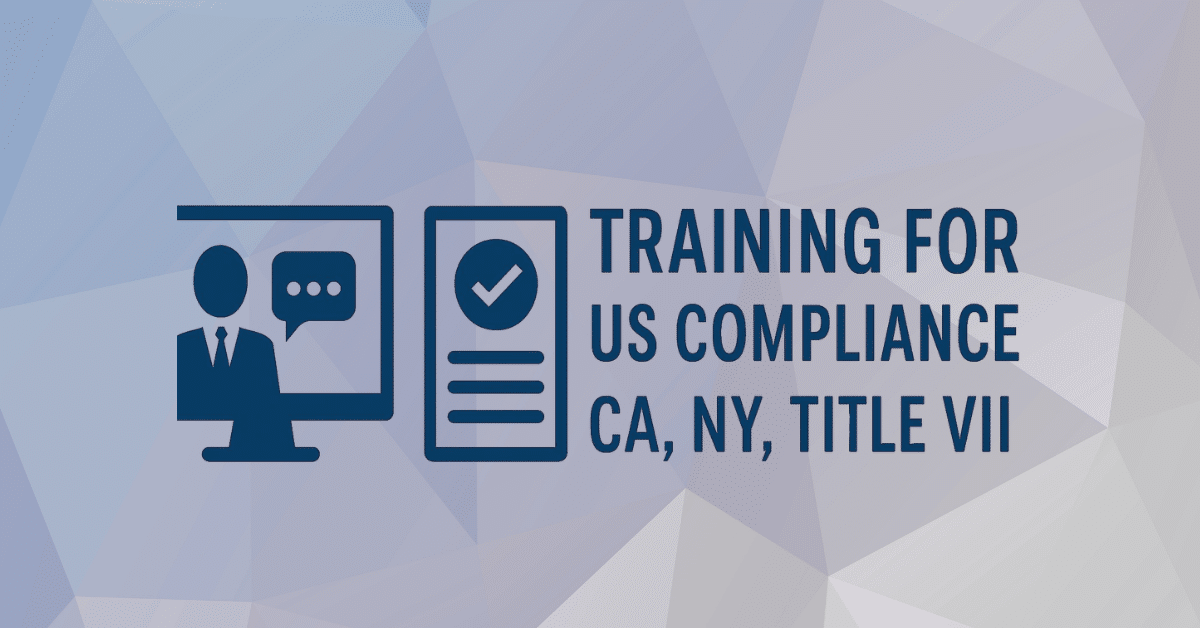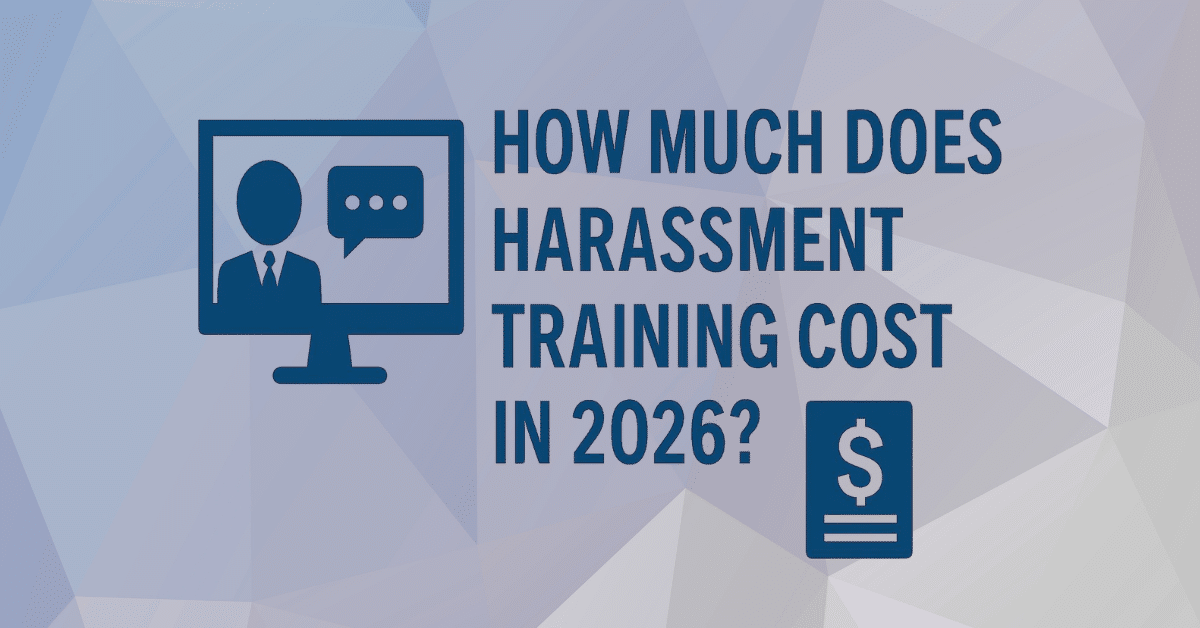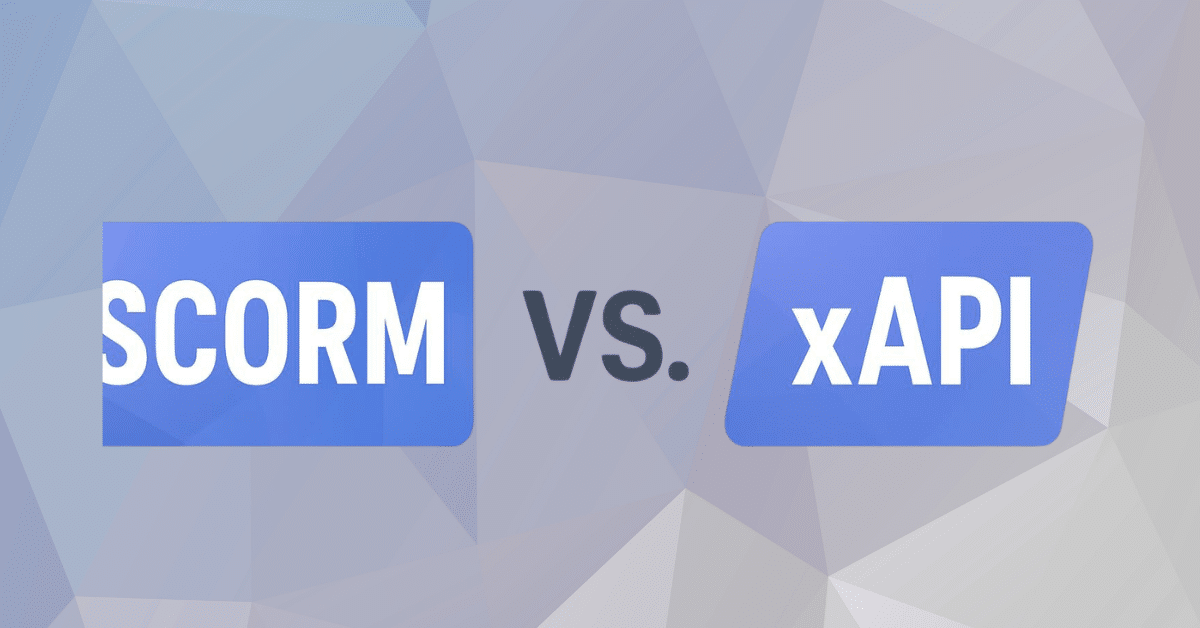Food Safety Training: Protect Your Customers and Your Business
When working in a kitchen environment where food is handled, there is no excuse for unsafe practices. Things need to be done correctly as food prepared in unsafe ways can lead to deadly diseases.
If you manage, own, or operate a food business, it’s vital to stay up to date with the latest food health and safety regulations and ensure that your staff is fully aware of food hygiene standards. They should also receive adequate training regularly.
Not only must you comply with federal, provincial, and municipal laws, but you will face legal consequences if your business fails to handle food safely. Food businesses have many safety hazards, for example, broken glass, cleaning chemicals, viruses, and bacteria.
That’s why you have to ensure your customers are protected by staying up to date with food safety education and training.
Enroll – Food Safety: Establishing A Food Safety Culture (Course)
What the law says about food safety regulations
All food businesses are subject to the Food and Drug Administration (FDA) as well as federal, state, and local requirements. The FDA regulates all food and food ingredients offered for sale in interstate commerce, except for poultry, meat, certain egg products, and catfish, which the U.S. Department of Agriculture regulates.
Therefore, if you plan to operate a food business, discussing your specific facility and product with the FDA’s district office and the state and local regulatory agencies will help you identify what regulations must be met related to your particular business.
Non-compliance can result in hefty fines, prosecution, or imprisonment, making proper and adequate staff training vitally important.
This brings us to the next important topic, which is training your employees.
An effective training program is essential for all food service establishments and restaurants. Besides ensuring your business passes its health inspection, proper and effective food hygiene practices and staff training will prevent many issues. The risk of food poisoning for your clients will be reduced, thereby protecting your business’s reputation and minimizing legal accountability should a foodborne incident occur.
Save Thousands Of Dollars With Coggno Prime Subscription
Here are some tips to successfully implement food safety training in your business:
- Signs and visual cues are required by law to be posted at crucial areas in restaurants, for example, hand-washing signs near sinks. Go over and beyond that and post reminders and checklists at all stations throughout the establishment.
- Ensure every staff member completes and signs off a reputable online training program like ServSafe. Accepted in all 50 states, ServSafe is the most popular and widely used food safety training program among federal, local, and state health departments.
Owners and managers of food businesses are responsible for training and supervising all food handlers in the industry, ensuring every staff member receives training and supervision to a level suitable to their role. The manager serves as a role model and is responsible for creating and establishing standards and policies. He must provide training, expect accountability and be able to control rewards and punishment.
Enroll Now – Food Protection Manager Course (Training And Exam Bundle – Remote Proctor Exam)
How do you categorize your staff and meet the regulations required for every category?
There are three main categories of food handlers that require training. These categories are based on the handler’s specific job and what type of food they handle. Individuals handling “high risk” foods – (foods that are ready to eat that provide a place for bacteria to grow) – will require more detailed training than those handling “low-risk” foods – (foods that are shelf-stable, like bread, biscuits, and preserved and tinned food).
The three main categories can be summarized as follows:
Category A.
Staff that handles wrapped or low-risk foods only, for example, waiters, bar and counter staff, and food delivery staff.
Category B.
These are handlers who prepare “high-risk” open food. Examples are chefs, kitchen assistants, and catering supervisors.
Category C.
This category includes food handlers who also fulfill a supervising role, for example, unit supervisors, chef managers, bar managers, and the managers and owners of food businesses.
The following three levels of training are required by law:
Stage One – The Essentials of Food Hygiene
This stage needs to be completed by all three categories. To be compliant, every person handling food must receive verbal or written instruction in the Essentials of Food Hygiene before starting work for the first time. Some vital points staff need to be made aware of are:
- Keep all equipment and surfaces clean – clean as you go.
- Avoid unnecessary handling of food.
- Wear clean clothing and keep yourself clean.
- Always wash your hands thoroughly.
- Never cough or sneeze over food and do not smoke, drink or eat in a food room.
- Strictly follow the food safety instructions provided.
- Tell your supervisor if you see something wrong.
- Ensure sores or cuts are covered with a high-visibility, waterproof dressing.
Stage Two – Hygiene Awareness Instruction
This training level must also be completed by all three categories as soon as possible after starting work in a food-handling organization. Full-time staff should do the training within four weeks and part-time staff within eight weeks. Staff will be trained on the basic principles of food hygiene and any monitoring processes your business has outlined as part of the Hazard Analysis Critical Control Points (HACCP).
Here are some key points you should address to ensure that you meet all the legal requirements:
- Protection and temperature control to safely store food.
- Pest awareness.
- Causes and prevention of cross-contamination.
- Personal health and hygiene.
- Waste disposal, disinfection, and cleaning.
- Your business policy regarding food hygiene.
- The potential dangers of germs.
Enroll – Hand Hygiene For Food Handlers (Course)
Stage Three – Formal Training
Formal training is unnecessary for Category One, but Categories Two and three should complete formal food hygiene training to Level One and receive their food hygiene certificates. This level of training is known as the Foundation Certificate in Food Hygiene. Several organizations offer courses and accreditation for this course, for example, The Royal Institute of Public Health and Hygiene (RIPHH) and The Chartered Institute of Environmental Health (CIEH).
Some of the areas covered by the training are:
- Premises and equipment.
- Common physical, microbiological, and chemical food hazards.
- Basic rules and responsibilities of personal hygiene.
- Prevention of food contamination and pest control.
- Symptoms and causes of food poisoning.
- Disinfection and cleaning.
- Legal obligations.
- Effective temperature control of food.
Now that we know what the staff categories and training stages are let’s look at the industry’s best practices.
Offering the minimum training requirements to be compliant might not always be enough when it comes to “due diligence” defense.
Here are a few tips to follow best practice:
- Implement additional training that is not necessarily mentioned in the current legislation, such as temperature control training.
- Ensure that your HACCP (Hazard Analysis Critical Control Point) procedures and processes are in place and that your staff have adequate knowledge of them for effective management of food hygiene. This will help you prove that you have taken all the necessary steps to meet the regulations.
- Use food hygiene training plans. Keeping a record of your staff’s training activities is a sure way for you to prove that your staff received training appropriate to their role and, once again, vitally important to establish a “due diligence “ defense if necessary. A training plan will also help identify weaknesses and that changes in roles are met with appropriate training programs.
Enroll – Food Protection Manager Course (Lessons Only)
Conclusion
If you are in a food-handling business, adequate and effective staff training on food health and safety is vital. Staying compliant with food health and safety regulations and training requirements will protect your clients and ensure your business’s good reputation.
Coggno has a wide range of online food health and safety training courses.
You can have a look at our free courses here and our course catalog here.
Maximize Training, Minimize Costs With Coggno Prime



















